I think it was comedian Stephen Wright who said, “Somebody told me ‘Practice Makes Perfect.’ Then my Mother told me ‘Nobody’s Perfect’ so I quit practicing.”
John Biddle (The Godfather) this month’s host and founder of PoolSynergy chose the topic of Practice: What works for me? Read his introduction and summary article here along with all the links to the other writers.
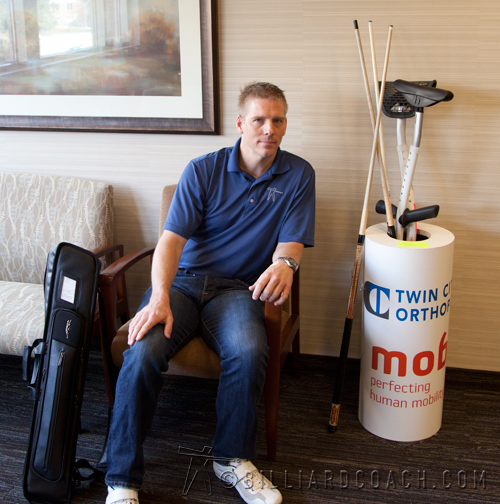
I’ve been a billiard instructor for 17 years. Hundreds of players have trusted me to tinker with their mechanics, coach them through passion to get excited to practice and improve. The part of teaching pool that comes difficult to me is assigning drills. It’s hard for me because I know every player is different. I predict in John Biddle’s topic this month, we’ll hear of many different ideas about productive practice routines. Believe me, what is right for one person might not be right for you.
I am terrible at conventional practices. My serious pool playing friends quit asking me to practice years ago. I’d rather spend time with them chatting over a cup of coffee or playing boot hockey. For me, having a good time hanging out with a friend always seems to get in the way of a serious practice session. Shooting drills on my own is also a lost cause. I may try a drill once and a while, but it is usually in the context of learning how it works and the level of difficulty so I can relate this information to a student. Scoring drills or maintaining focus is tough for me on my practice table. The stereo, computer, or stack of reading material on my desk beckons me and my efforts wane midway through the drill.
Despite all this, I’ve reached a very high level of play. My story is probably as unique as everyone else’s. What has worked for me is the following routine: Learn, Teach, Compete and Repeat.
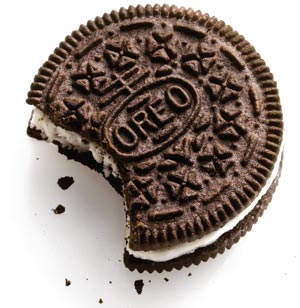
Step 1: Learn. I read. My billiard library has over 600 books plus huge catalog of my own teaching materials. I also watch high level pool tournaments live and on video whenever I can. I’m not a fan of streaming pool matches online, but am a complete sucker for watching live snooker matches from Europe and Asia via the internet. I’ve blogged ad nauseam about the quality of the BBC telecasts and the high standard of play. I also surround myself with great playing teammates and friends. Not a week goes by for me without learning something. I know a lot—in fact I’m an expert. I’m also wise enough to know there are countless things that I do not know. One of the reasons I love the game is that I can be a lifelong student of the game. This accumulation of knowledge and playing skills is so exciting to me, that I’ve got to share it. Being a professional billiard instructor (Billiard Coach) is the perfect vehicle for me to pay it forward.
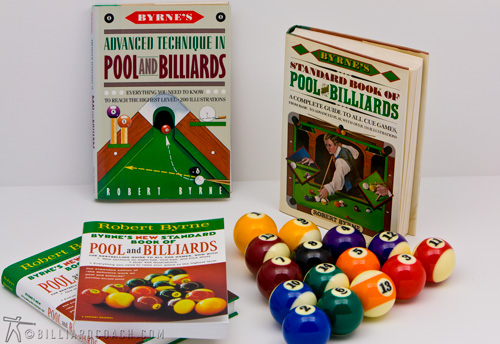
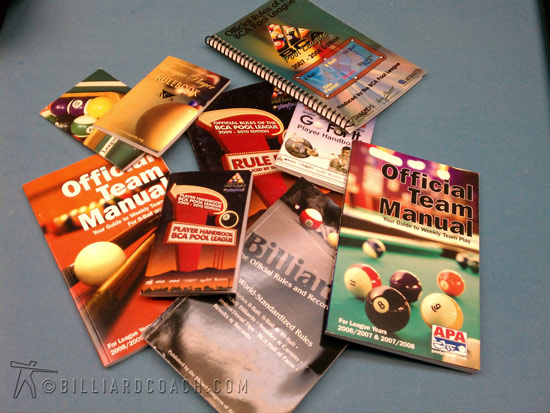
Step 2: Teach. Teaching students forces me to demonstrate perfect cueing techniques and verbalize complicated concepts. Performing and informing students helps me internalize the information so it comes out naturally under the pressures of tournament play. I love to share my enthusiasm and knowledge of the game. Like a musician on the concert stage, energy given to the audience is amplified and sent back. This give and take excites me and spurs me on to become a better instructor and a better player. This one thing has kept me from burning out and loving the sport more than ever, even after 23 years of obsessive play.
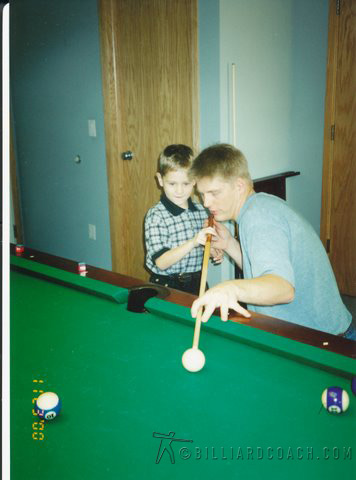
Step 3: Compete. Tournaments are the biggest motivator for me. They push me to perform at my best and motivate me to learn more and prepare for the next. Here are a couple of photos from my archives. Me playing with a couple of famous Pinoys in 1999 and one of my first big matches on the TV table. This is the me playing Charlie Williams in the 2007 US Open. I lost 11-9 but pushing myself and playing frequently in professional events is one of the best ways to improve. I regularly play in the Derby City Classic, US Open 9-Ball Championships, and recently several Seminole Pro 10-Ball Tour events.
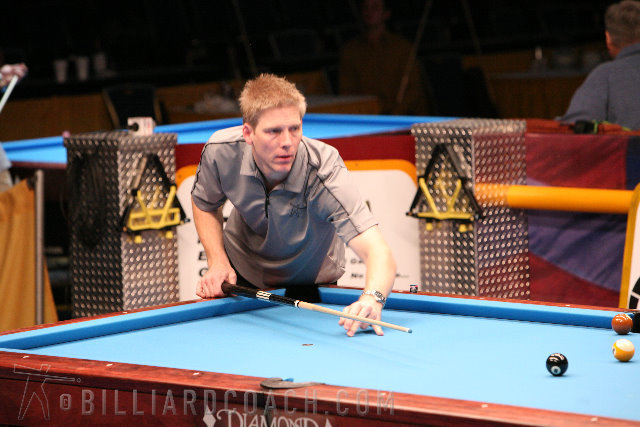
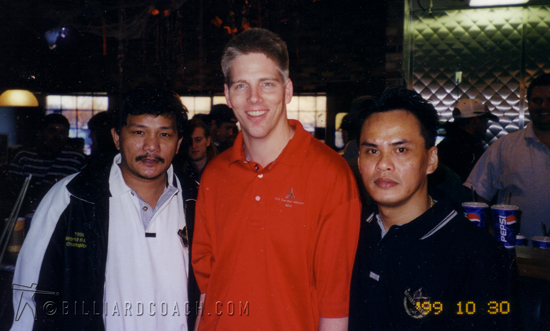
I should write a whole instructional column about the benefits of stepping up and playing above your head in a non-handicapped, one division tournament. In fact, I’ve started running those types of events in Twin Cities. Mark your calendar and get details of the event here – Next event is October 1, 2011 at Biff’s in Spring Lake Park, MN.
Step 4: Repeat. I know the improvements that I’ve made that I worked extremely hard for are my proudest achievements. Remember, if this game was easy we wouldn’t play it for our whole lives. Practice or more importantly, find your own unique methods to improve and you’ll enjoy this beautiful game for life.
Mike Fieldhammer
Professional Billiard Instructor
Samsara Cues Player and Dealer
Authorized Predator Products Distributor

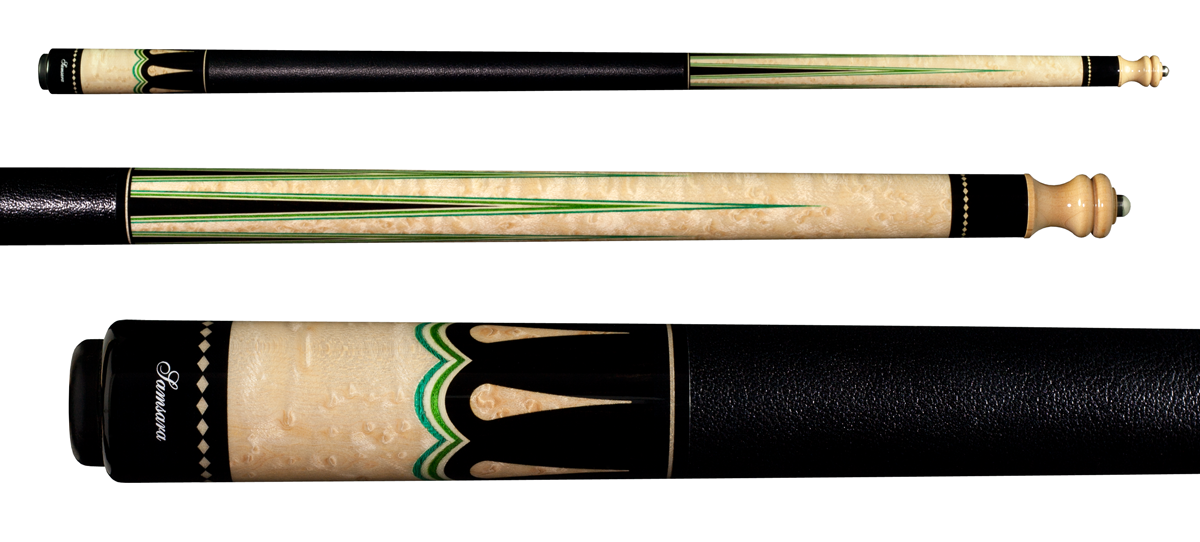

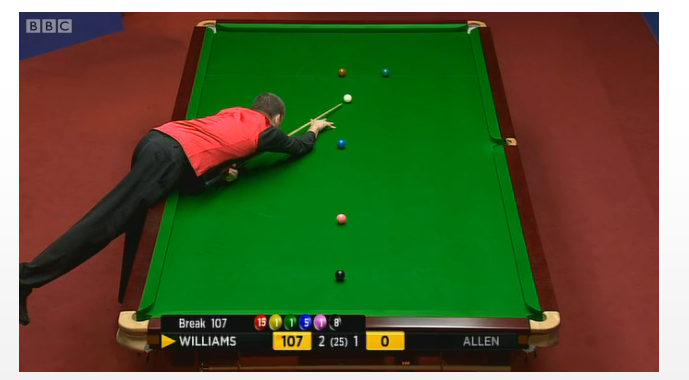
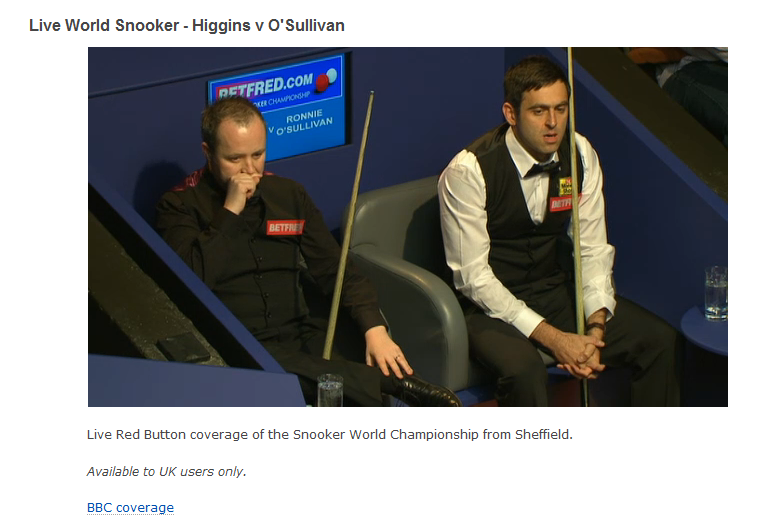

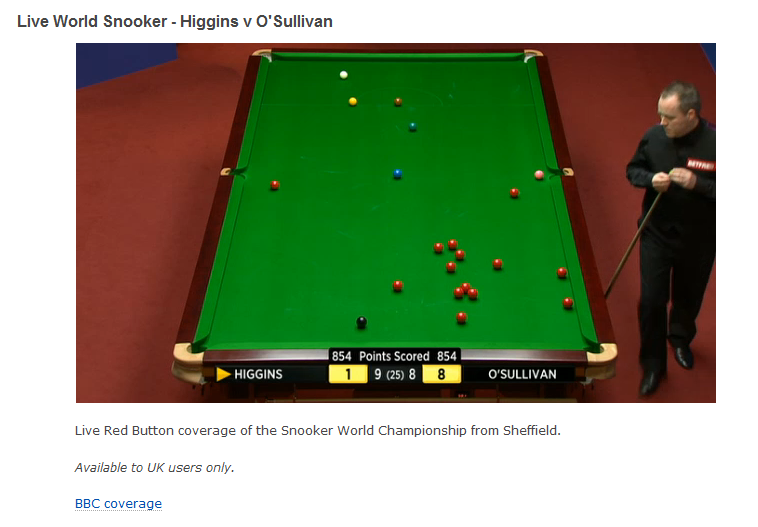
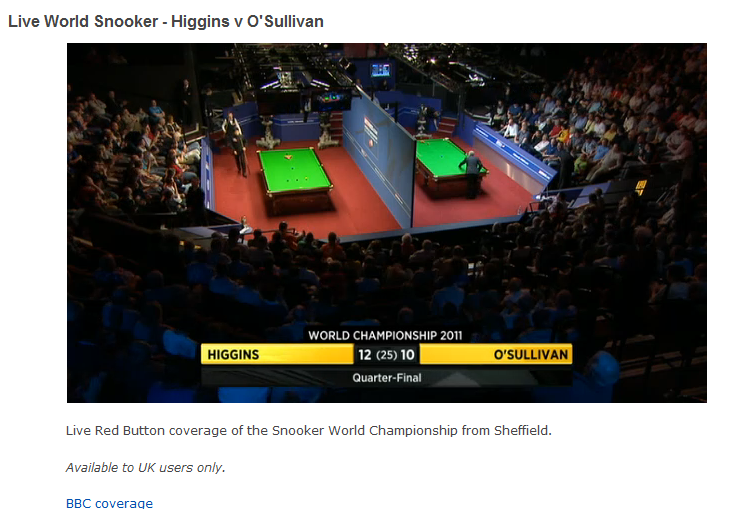
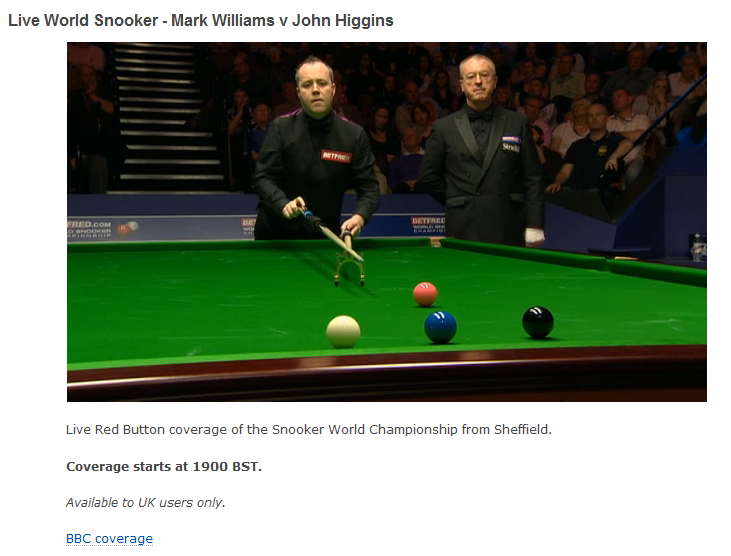
Leave a Reply